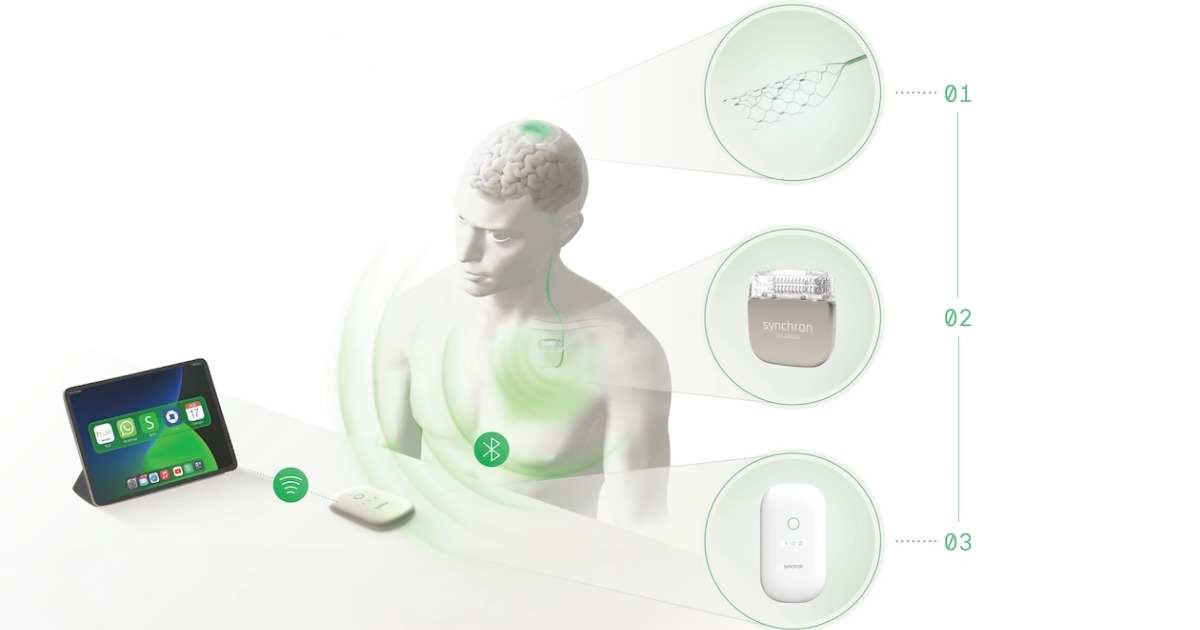A revised version of the so-called SOFTWARE Act is getting high marks from mHealth advocates.
The 10-page draft circulating through Washington D.C. these days is apparently much simpler than its previous incarnation, originally introduced in 2013. And that has folks like Bradley Merrill Thompson pleased.
"(I)t's a huge step forward in the sense that it is much clearer and in some ways more focused than the earlier version," Thompson, a Washington D.C. attorney and legal counsel for the mHealth Regulatory Coalition, told mHealth News. The previous version of the bill, he said, divided software into three categories, with one section vaguely defining what the U.S. Food and Drug Administration would regulate and the other two sections offering complicated definitions of what the FDA wouldn't cover.
The new legislation, Thompson said, clarifies what the FDA would regulate by better defining medical software and health software. Medical software, he said, would be defined as a product that generates data but doesn't require an interpretation or analysis by medical professionals, and would thus fall under FDA regulation. Health software, he said, would require an intervention from a clinician, and would therefore not fall under the FDA's regulation power. The latter category would include so –called "low-risk software" like health and fitness apps, chronic disease self-management software and software for administration, data storage and record-keeping.
According to Thompson, the SOFTWARE Act, as proposed, would require the FDA to establish a new regulatory program specifically for medical software within two years; the program, he added, would not include pre-market clearance or per-market approval.
Thompson also hailed the proposed legislation's definition of an "accessory," which he said has "been a problem for years." Accessories have long been overregulated, he said, because they've been tied too closely to a parent medical device. Under the new version of the bill, he said, the FDA would have to classify accessories independently of their parent device.
Thompson wasn't the only one singing the proposed new legislation's praises. According to Politico, Health IT Now's Joel White said the bill "will provide greater certainty and clarity to the market, which means more innovations and tools to improve patient outcomes." And athenahealth's Dan Haley called it a "much-improved piece of draft legislation" that could bring Democrats and Republicans together.
The Sensible Oversight for Technology which Advances Regulatory Efficiency (SOFTWARE) Act was originally introduced in late 2013 and targeted Section 201 of the Federal Food, Drug and Cosmetic Act. It was sponsored by Reps. Marsha Blackburn (R-Tenn.), Greg Walden (R-Ore.), Phil Gingrey (R-Ga.), G.K. Butterfield (D-N.C.), Diana DeGette (D-Col.) and Gene Green (D-Texas). The original bill drew support from the Software and Industry Information Organization but was roundly criticized by other mHealth advocates who felt it would do more harm than good.
At a Bipartisan Policy Center meeting last December, Blackburn announced that she would reintroduce the legislation this year.


